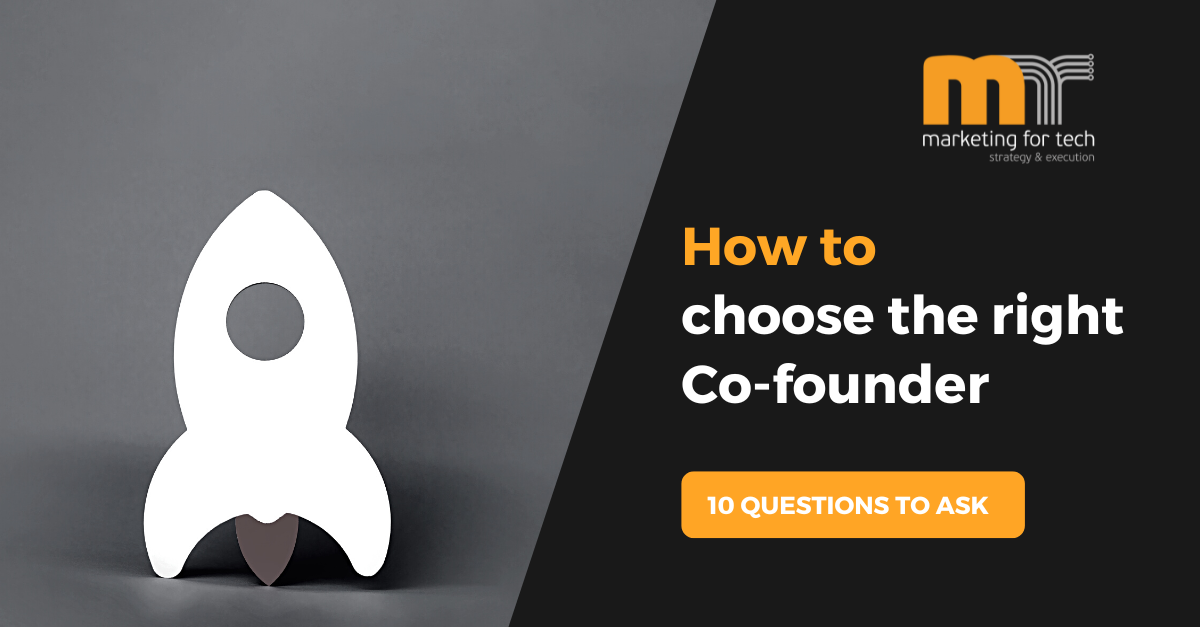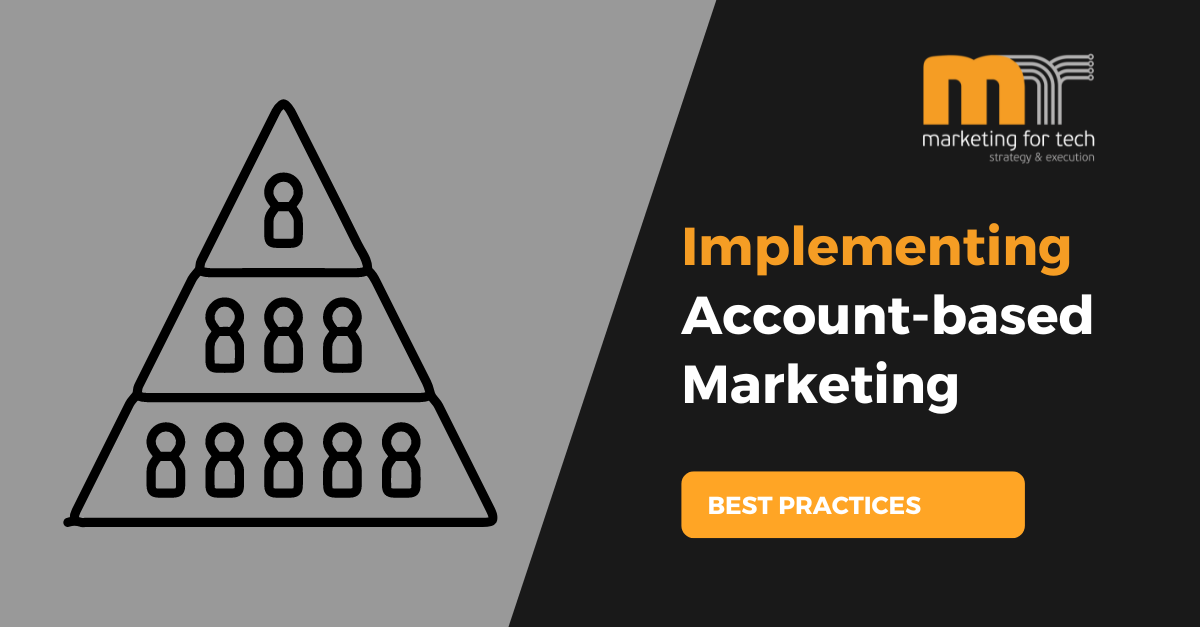How to Choose the Right Co-founder for Your Start-up

Finding a co-founder is a crucial step for any start-up. It's important to ensure that you find someone who has the skills, experience, and personality to complement your own.
Here are 10 questions you can ask a potential co-founder to assess a good fit.
1. What is motivating you to do this start-up?
Understand the motivations behind a person's decision to found the start-up and what his/her personal goals are.
2. What is your vision for this start-up?
Ensure that you and your potential co-founder are aligned and have the same goals in mind.
3. What responsibilities will you assume? Who will be the CEO?
A founder may or may not want to be the CEO. Discuss and clarify the role, title, and responsibilities of each founder in the company.
4. How much equity do you expect to receive?
Establish expectations and discuss how to determine the fair distribution of ownership and financial compensation among the co-founders.
5. How committed are you?
Starting a company is a huge commitment. It's important to make sure that each founder is willing to put in the time and effort needed to make your start-up successful.
6. How will we handle conflict?
Conflict is inevitable in any partnership. Discuss how to handle disagreements, what will happen if the co-founders do not want to work together anymore, and what will happen if a co-founder decides to leave the company voluntarily or involuntarily.
7. What are you work-life balance expectations?
Discuss expectations or boundaries in terms of availability and commitment, working schedules and things outside of work that are important to each founder.
8. What values do you believe should form the foundation of our company culture?
Discuss alignment and compatibility in terms of shared values and principles and the foundation needed to foster a positive and productive work culture.
9. How does this start-up align with your personal and professional goals?
Discuss the level of personal investment and alignment between each founder's aspirations and the company's trajectory.
10. How does your previous work experience relate to the vision of the start-up?
Determine whether a founder can bring relevant expertise, knowledge, and industry connections. Discuss lessons learned and willingness to adopt to the unique challenges and opportunities the start-up may encounter.
These questions can help you initiate discussions and gain insights into the potential co-founder's perspective on these important topics, allowing you to assess alignment and identify potential conflicts early on. Remember to have open and honest conversations to ensure a thorough understanding of each other's view.
If you are still not sure if you have a good fit, consider collaborating on a small project or trial period before fully committing to the co-founder relationship. This allows you to work together, understand each other's working style, and assess how well your visions align in practice.









